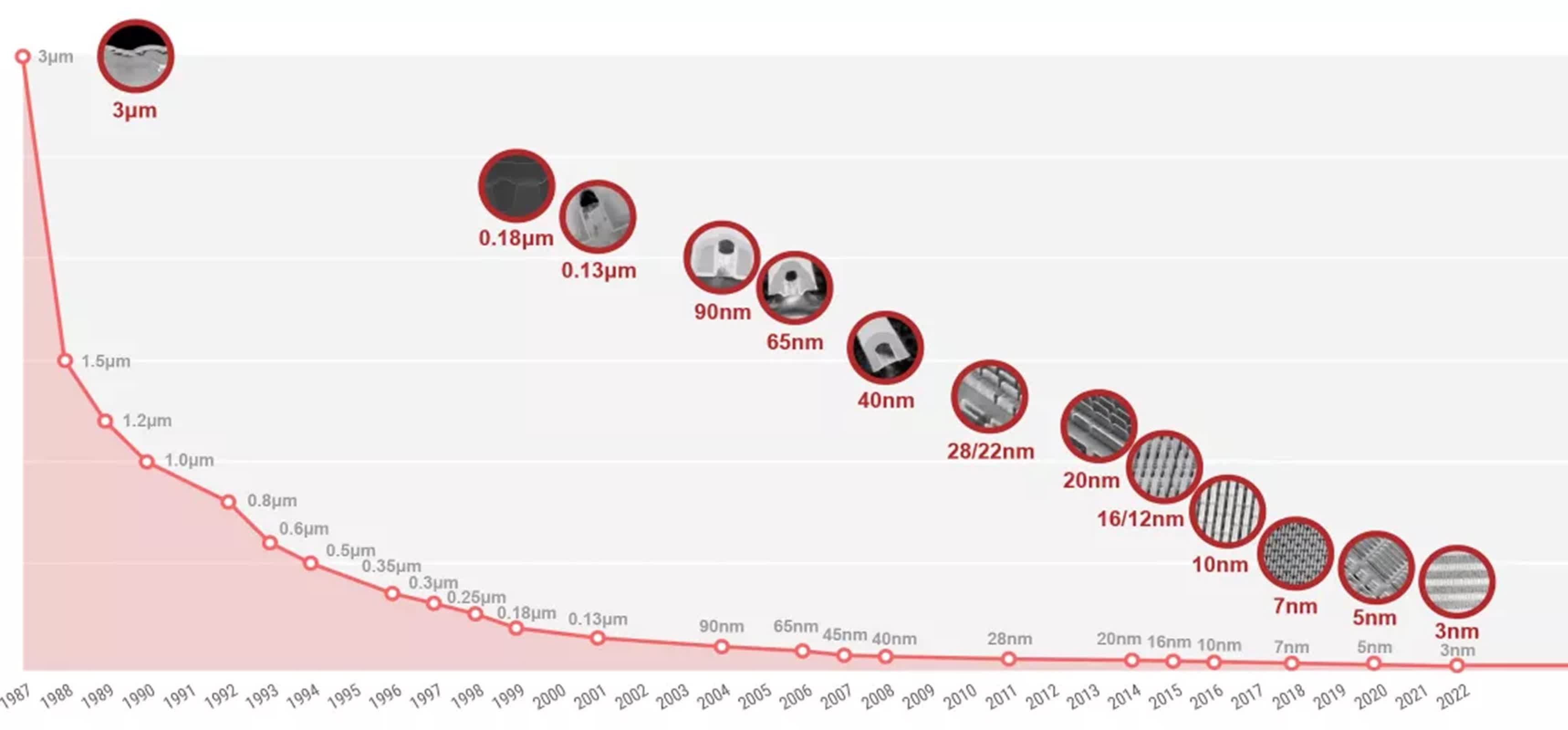The big picture: The semiconductor industry’s landscape is evolving rapidly, with countries around the world vying for technological supremacy. Taiwan is determined to remain at the center of the industry and is carefully balancing its desire for global expansion with the protection of its most advanced tech.
Taiwan is making it clear that it will keep its most advanced semiconductor technologies within its borders despite the global expansion efforts by Taiwan Semiconductor Manufacturing Co. According to comments made by Taiwan’s Minister of Economic Affairs J.W. Kuo, TSMC will not be transferring its 2-nanometer chip production capabilities overseas, at least for the foreseeable future.
“Since Taiwan has regulations to protect its own technologies, TSMC cannot produce 2-nanometer chips overseas currently,” he said. “Although TSMC plans to make 2-nanometer chips [abroad] in the future, its core technology will stay in Taiwan.”
Taiwanese law stipulates that domestic chipmakers can only produce chips abroad that are at least one generation behind those manufactured at home, a strategy that ensures Taiwan retains its position as a hub for cutting-edge semiconductor production.

TSMC’s global expansion plans, particularly in the US, have caught the attention of local lawmakers. The company’s roadmap includes the establishment of multiple fabrication facilities in Arizona. The first fab is set to begin production of 4-nanometer chips very soon, while a second facility, slated for operation in 2028, will focus on 3-nanometer and 2-nanometer process technologies. A third planned fab aims to push the boundaries even further with 2-nanometer or more advanced process technology.
However, by the time TSMC’s 2nm-class capable production facility in the US becomes operational, the company will have moved on to the next generation of technology. The company has announced plans to begin volume production of its A-16 chip in the latter half of 2026, following the ramp-up of 2-nanometer chip production next year.
Kuo’s comments, made at a meeting of the legislature’s Economics Committee in Taipei, were in response to speculation that TSMC might be pressured to accelerate the production of advanced 2-nanometer chips at its Arizona facilities following the re-election of Donald Trump.

However, Taiwan Semiconductor Industry Association (TSIA) chairman Cliff Hou, who also serves as a senior vice president at TSMC, believes that Taiwan-US semiconductor cooperation will remain stable as leadership changes in the US.
“Historical evidence suggests that US presidential elections have not significantly impacted our long-standing partnership,” he said at a forum in Hsinchu. “While there may be some adjustments in the details of our collaboration, the fundamental relationship remains strong.”
Meanwhile, Taiwan will continue to invest in R&D to maintain its global leadership in the semiconductor industry, he said, pointing to ongoing initiatives to attract foreign partners to establish design and materials centers in Taiwan.

